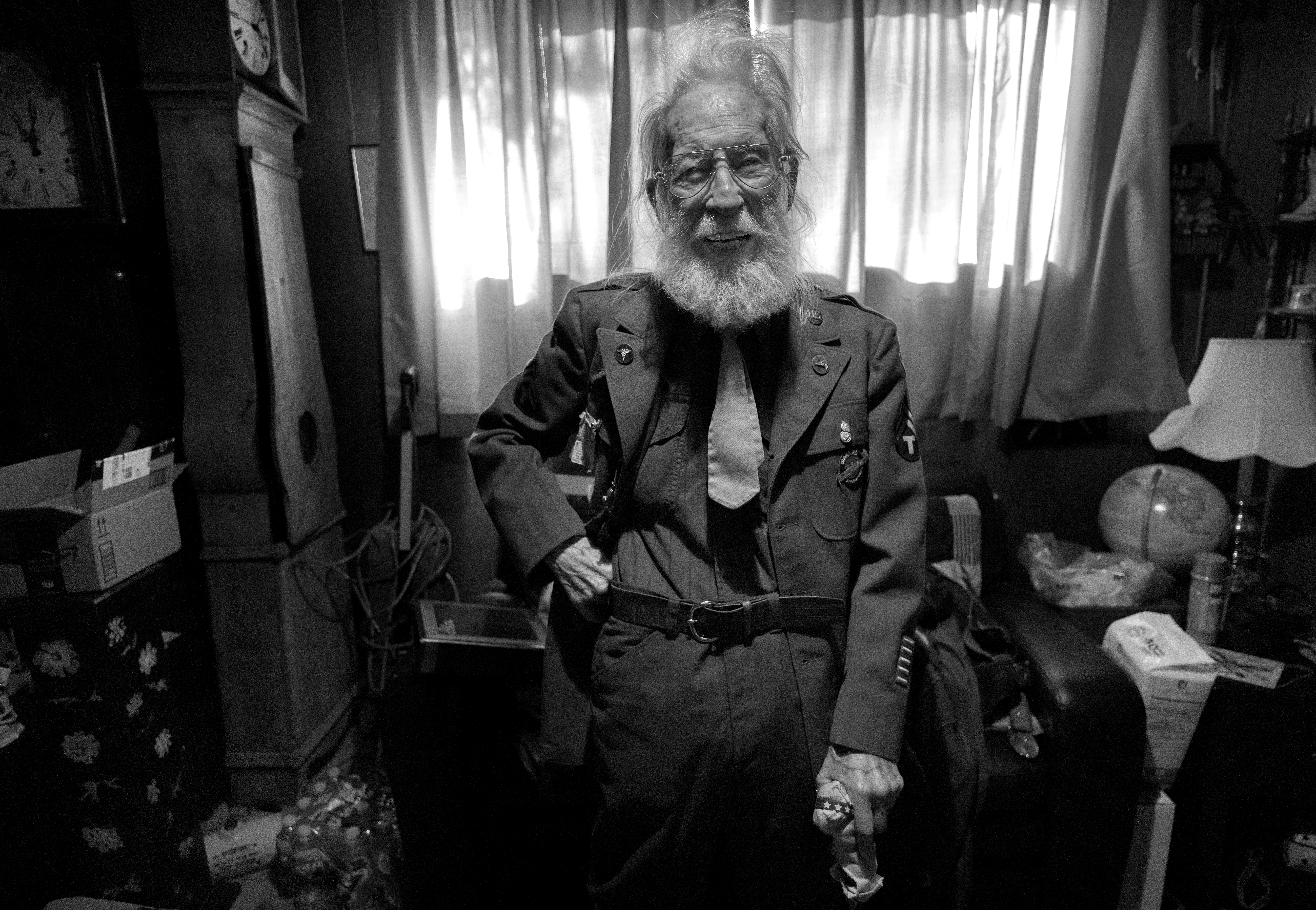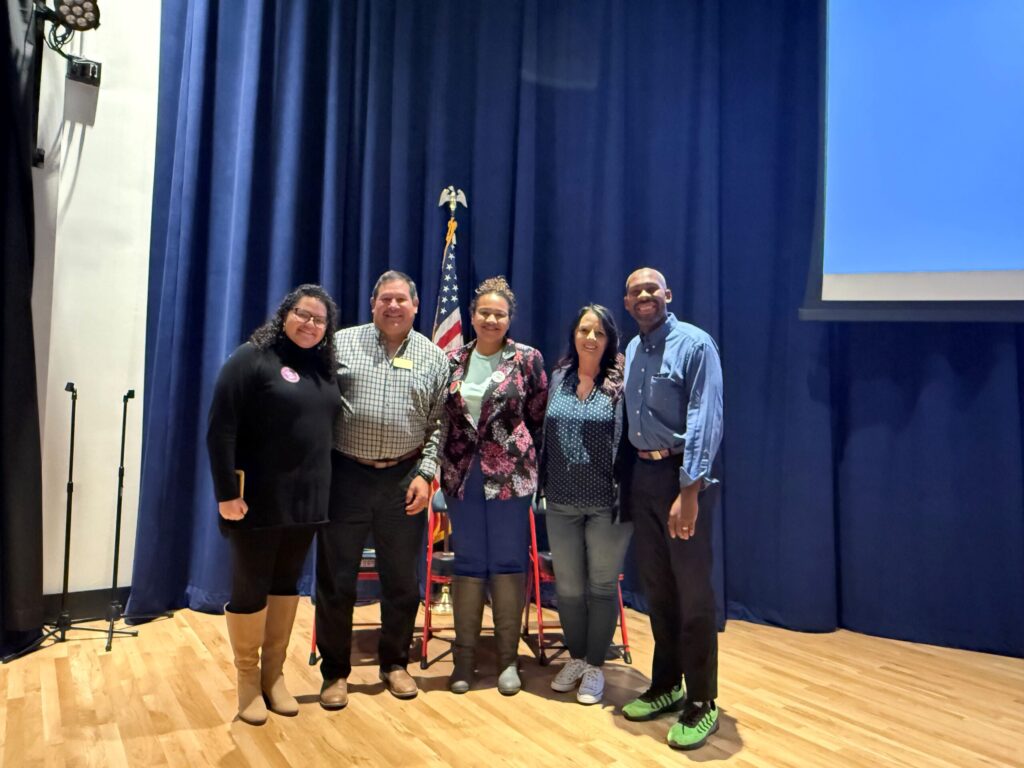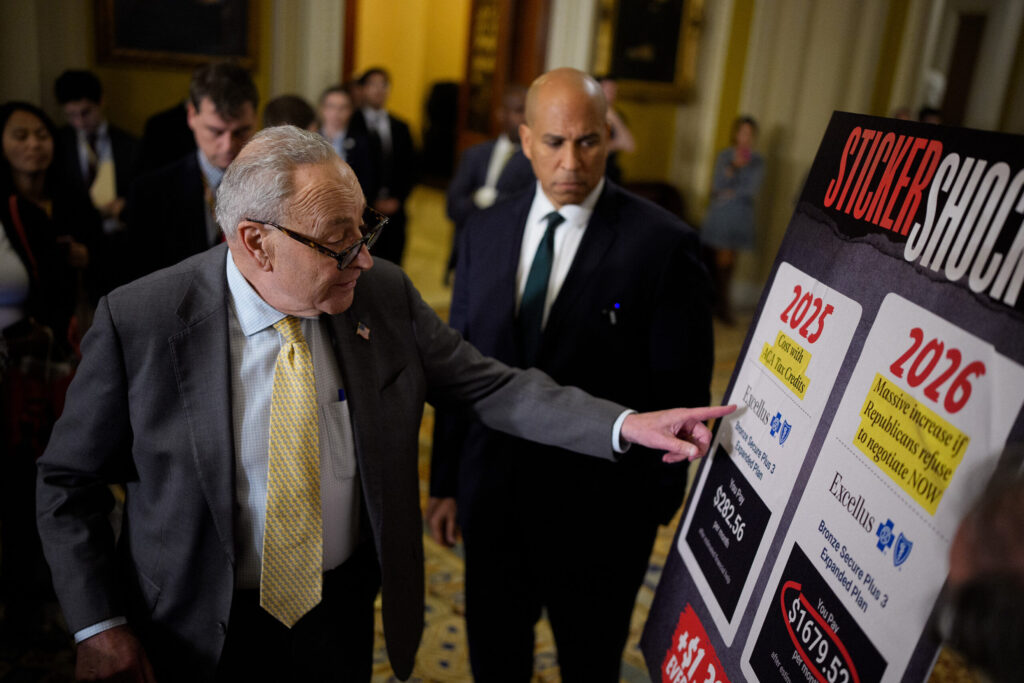Affordable, accessible housing solutions overdue for people with disabilities

At age 8, I climbed out of my wheelchair and crawled up the steps of the U.S. Capitol to convince Congress to pass the Americans with Disabilities Act.
Twenty-five years later, Americans with disabilities are facing a crisis in affordable, accessible housing. Many properties that accept tax credits to provide low-income and accessible housing still do not comply with the ADA and other anti-discrimination laws.
This is a far cry from what I envisioned when I crawled up those steps so many years ago.
According to researchers for the Technical Assistance Collaborative and the Consortium for Citizens with Disabilities’ Housing Task Force, “This housing affordability crisis deprives hundreds of thousands of people with disabilities of a basic human need: a place of their own to call home.”
Under the Fair Housing Act, Section 504, and the ADA, tenants with disabilities are legally entitled to reasonable accommodations to enable us to live independently. But all too often, those of us who wish to rent one of these properties must either pay for accommodations for our disabilities by ourselves or file a complaint with the federal Office of Civil Rights.
Last year, I moved into an apartment community in Broomfield. The rental was advertised as wheelchair-accessible, but I soon learned that it wasn’t.
Instead of installing grab bars to meet the requirements under the ADA and other civil rights laws, the property manager has continually harassed my mother and me. The property manager has even questioned whether my “disease” actually qualifies me for protections under the Fair Housing Act and the ADA — the very law I helped pass as a child.
Unfortunately, because so few affordable, accessible rental properties exist where I live, I don’t have the option to move.
For people with disabilities, asserting our rights can become a lengthy and costly process that either forces us to go to court or to find another place to live. Tenants who do file discrimination complaints are often forgotten or ignored by federal, state, and local officials charged with preventing discrimination against people with disabilities.
In some of the worst cases, like my own, conflicts stemming from these complaints can lead to harassment by resentful property managers.
The sad truth is that management companies, some with lengthy histories of discrimination complaints and lawsuits, are allowed to steamroll low-income people with disabilities.
For people like me, who struggle with the daily realities of this housing crisis, it’s not clear who is responsible for making sure these companies are actually complying with laws and court rulings that protect people with disabilities from housing discrimination.
The Department of Housing and Urban Development has a clear legal responsibility to make sure that state and local housing authorities and companies that manage properties that receive federal funds are complying with these laws. Yet HUD seems to take a passive role that has led to a lack of enforcement at the state and county level.
HUD needs to take a more proactive role in enforcement, but property owners and state and local officials need to step up, too.
Federal housing regulations clearly prioritize people with disabilities and the elderly for affordable housing. Local housing authorities should be advocating for these tenants and maintaining current lists of wheelchair-accessible properties, but that is not happening here in Colorado -— nor in other parts of the country, based on the thousands who have signed my Care2 petition demanding action on this crisis.
In fact, local housing authorities seem unwilling to involve themselves with any type of direct advocacy for people with disabilities for fear their actions might discourage rental companies from accepting Section 8 vouchers and make the housing crisis worse.
Property owners need to comply with existing laws. State and local officials need to hold independent housing authorities accountable for not aggressively ensuring compliance with fair housing laws.
These steps would certainly improve enforcement of civil rights laws, but the state could also improve the availability of affordable, accessible housing using existing funds.
HUD’s Project 811 and Project 202 are funding programs that specifically target people with disabilities and seniors to ensure that we can remain in our communities rather than being confined to assisted living or other segregated housing. The money is available, but we need action on the state and local level to ensure it is put to good use.
This is especially true now. Too many real estate companies have purchased project-based and tax-credit properties, only to mismanage properties, displace residents through evictions and “constructive” evictions, renovate and then increase rents to meet an area’s annual median income. In the Denver metro area where I live, the median income is $65,000 a year — well above what I, and many others, receive from SSI.
Homelessness is on the rise as fewer properties accept housing vouchers and more people are displaced. Those who need wheelchair access have even fewer options.
This is a crisis, but it’s one we can fix. Federal, state, and local officials need only to find the will to make fair, accessible housing for people with disabilities a priority.
Jennifer Keelan-Chaffins is a Denver-area activist and student with cerebral palsy. She has spent her life advocating for the rights of people with disabilities.













